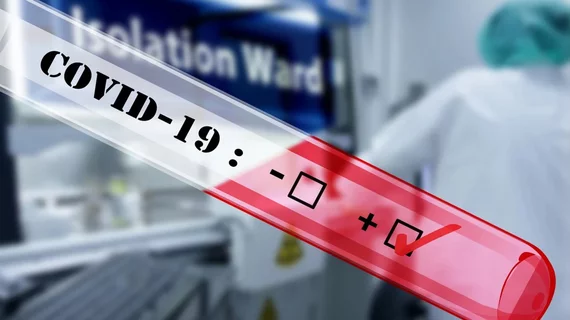How COVID-19 may affect patients with adult congenital heart disease
Patients with adult congenital heart disease (ACHD) may be at an increased risk of experiencing complications related to COVID-19, according to a new position paper from the European Society of Cardiology and International Society for Adult Congenital Heart Disease.
However, the authors emphasized, “an individualized approach to risk stratification and management is required.”
The analysis, published in full in European Heart Journal, noted that all patients with ACHD should work to avoid infection by following social distancing policies and wearing masks as recommended by healthcare providers all over the world. Patients may even want to go one step further, limiting contact with any individuals who may have been infected with SARS-CoV-2, but “the benefit of such measures must be balanced against potential adverse psychosocial and economic implications.”
Any ACHD patients with a univentricular heart may be at an especially high risk of COVID-19 complications. Patients with a history of overt heart failure, cyanosis, pulmonary arterial hypertension, severe ventricular dysfunction and significant valvular disease all also fall under this category.
In addition, patients with biventricular cardiac anatomy and normal ventricular function, normal cardiac dimensions, no relevant arrhythmias, no pulmonary arterial hypertension and a NYHA functional class of I may be viewed as low-risk ACHD patients.
“The proposed classification should serve as a starting point for expert assessment that is individualized to each patient and incorporates patients’ personal degree of risk, risk aversion, and lifestyle needs,” the authors explained.
When treating high-risk ACHD patients who may have COVID-19, the position paper suggests that physicians practice “meticulous physical distancing” and discuss care options with an ACHD specialist. Admission should also be considered in all cases, including with the patient is asymptomatic.
Read the full assessment here.

